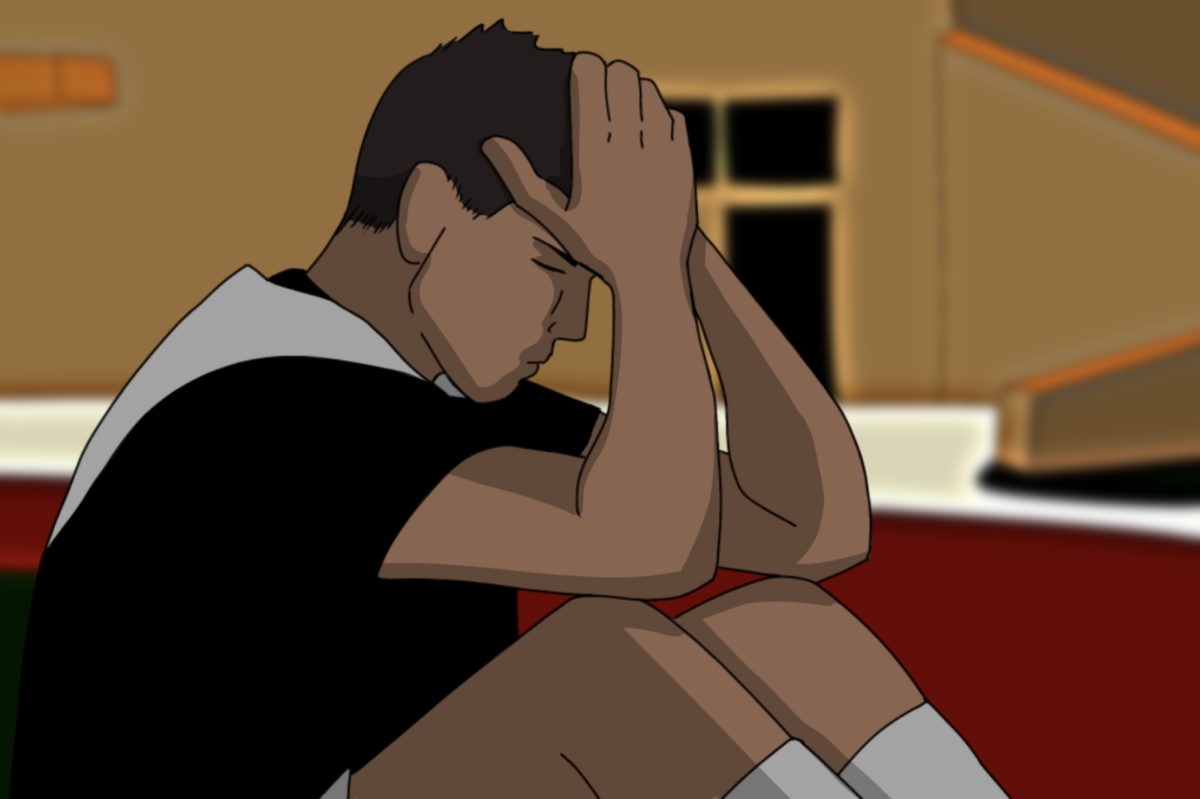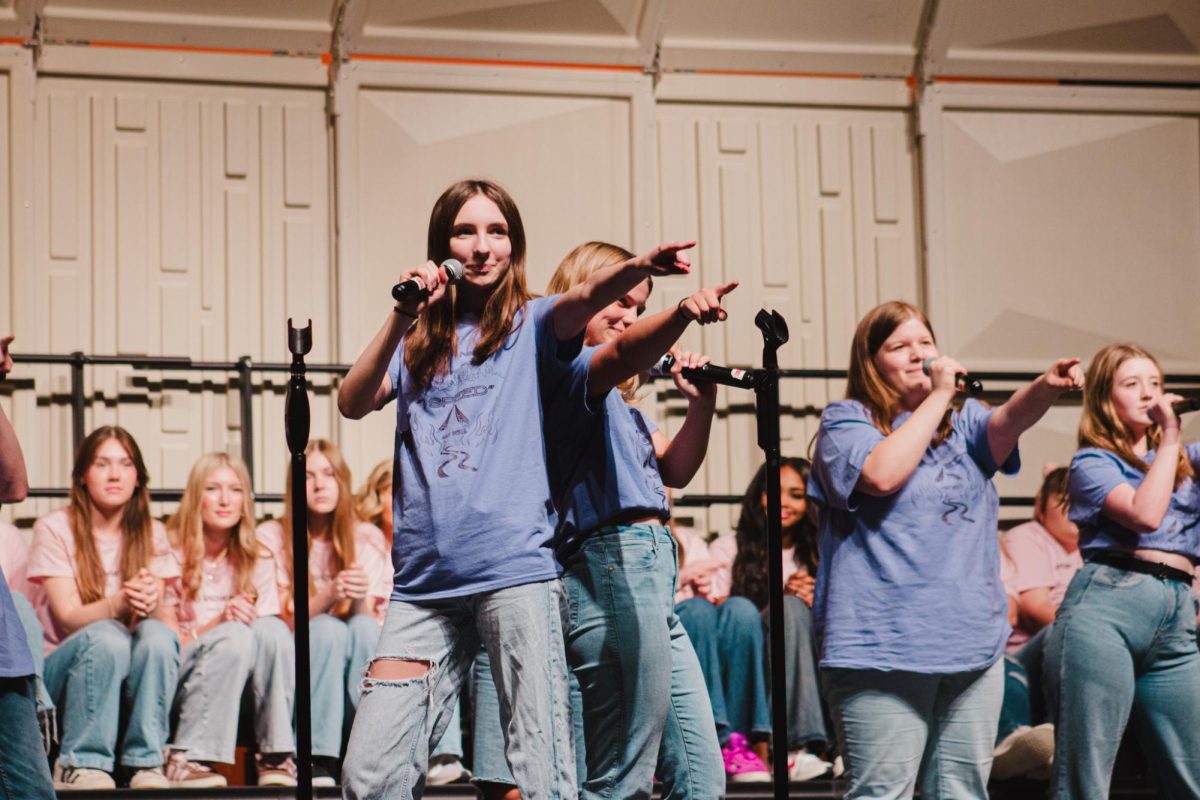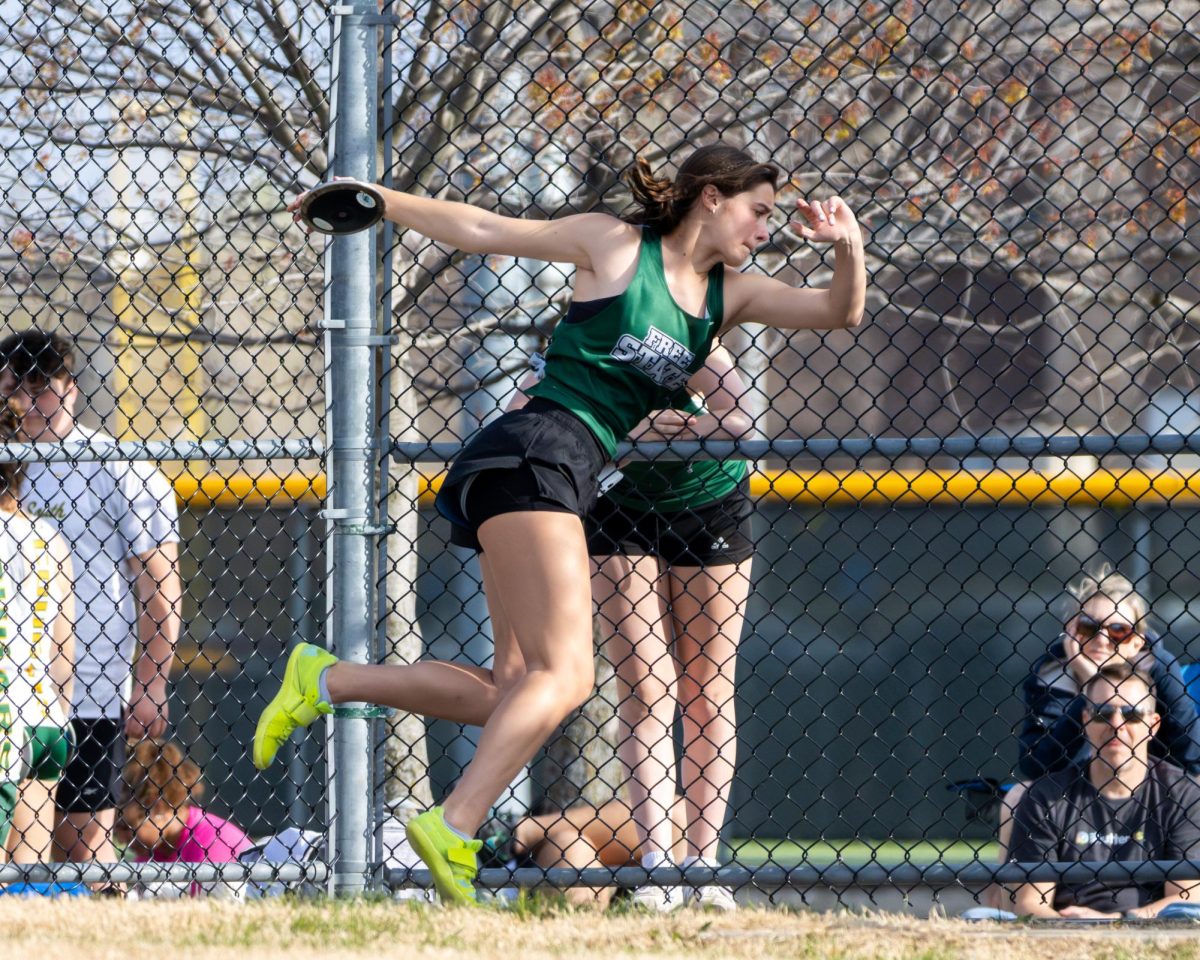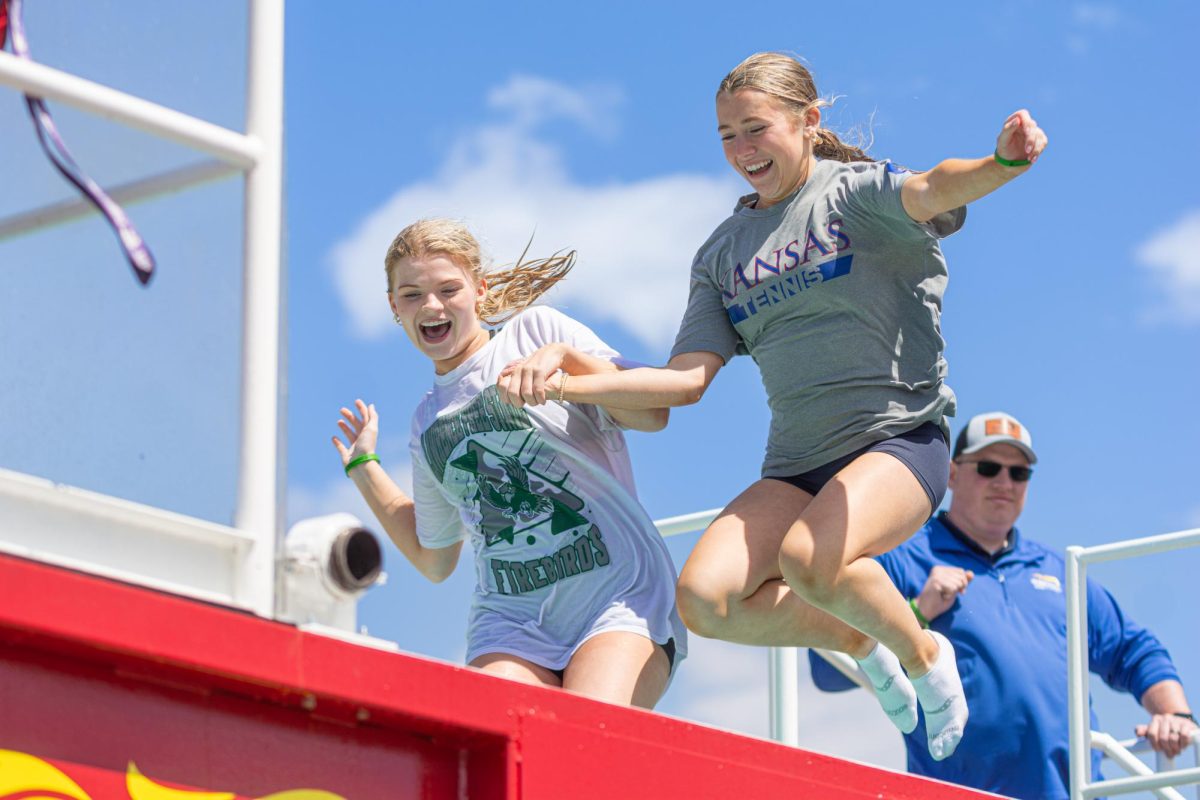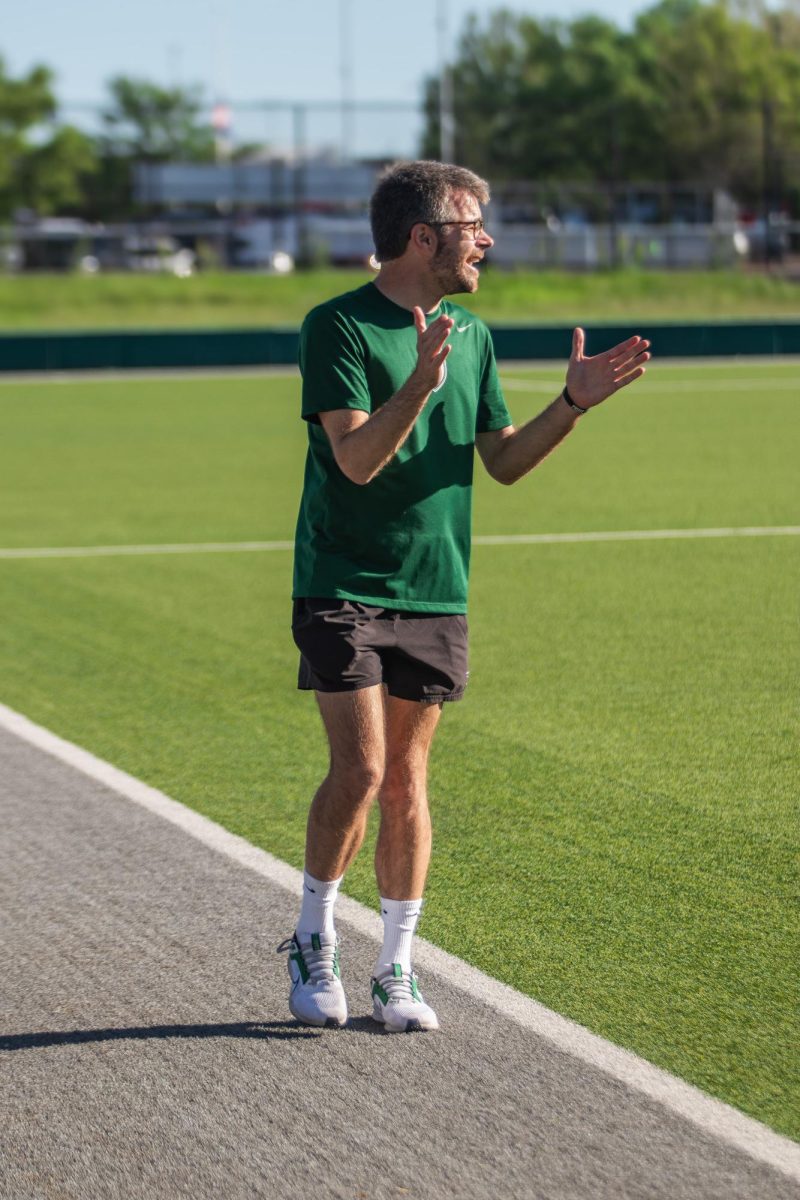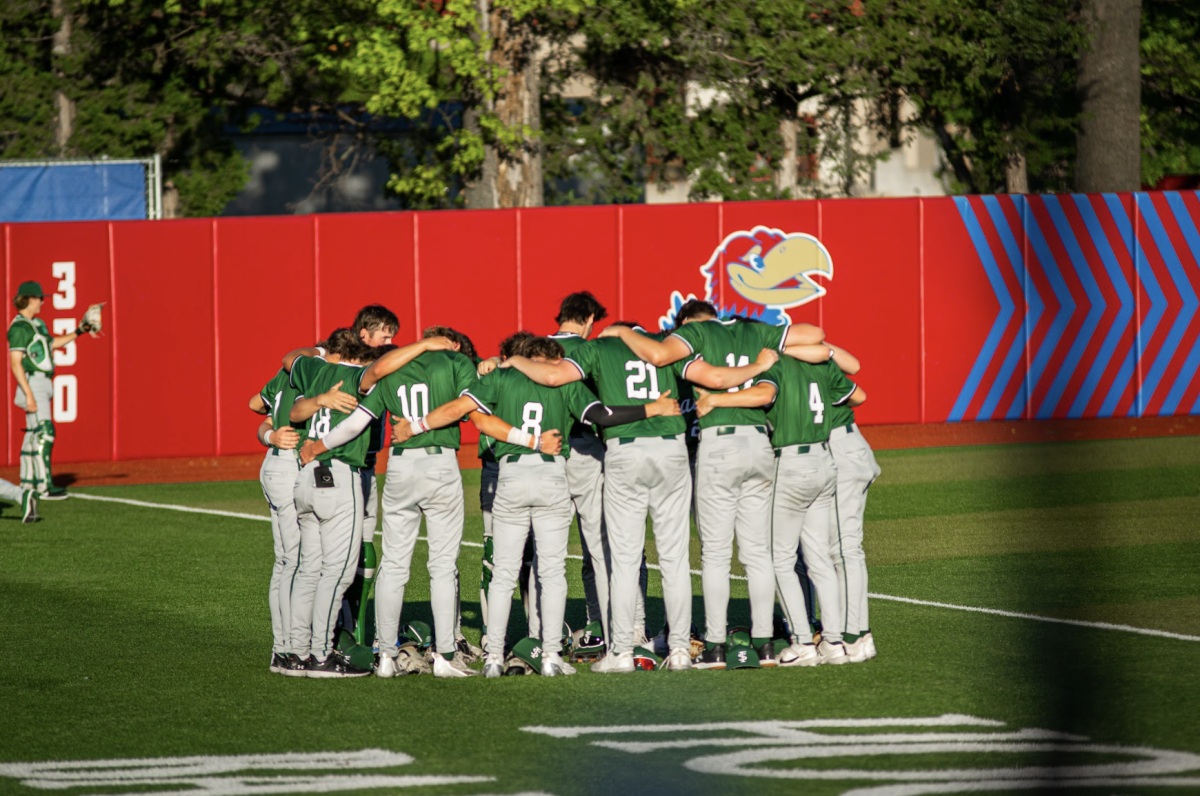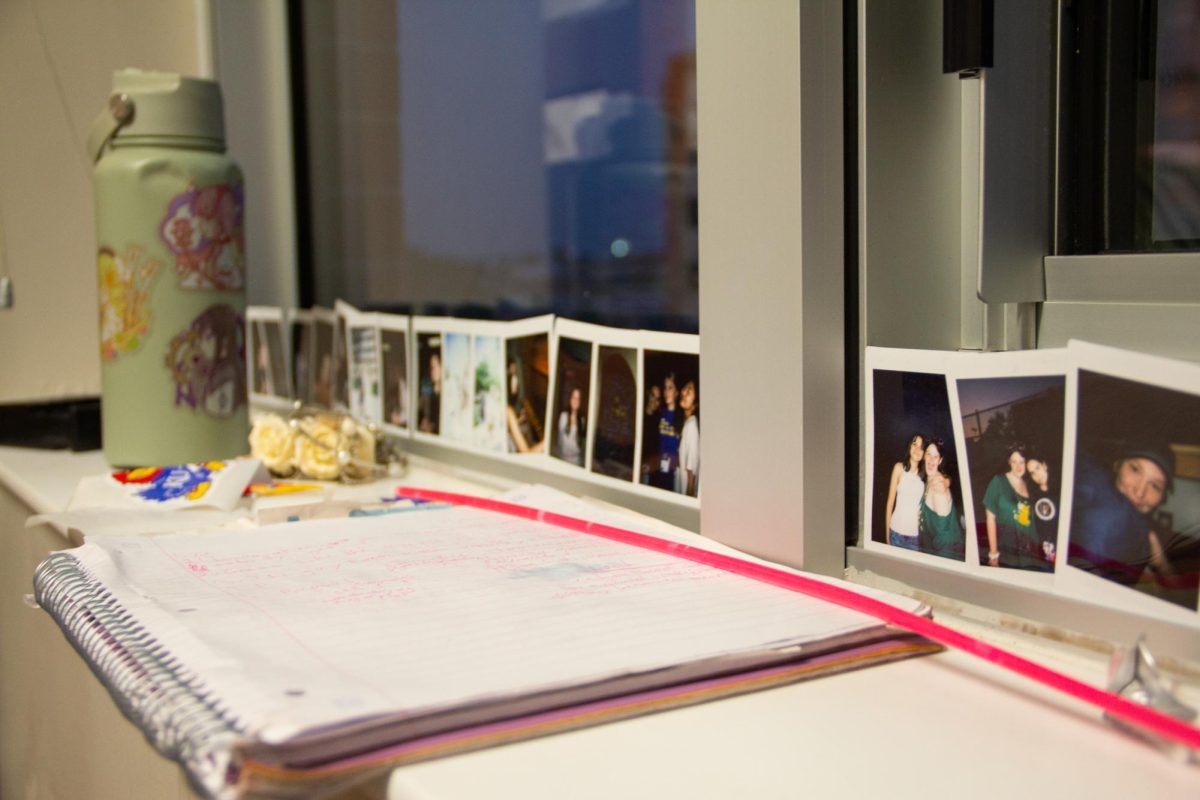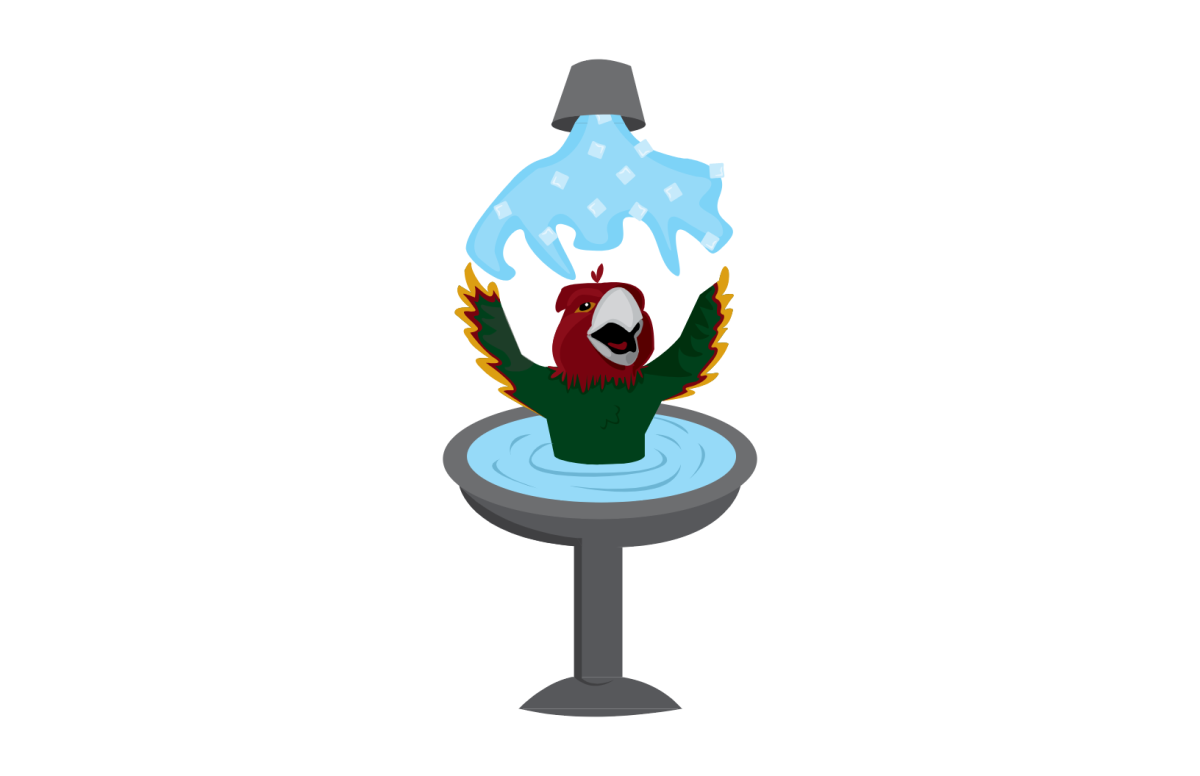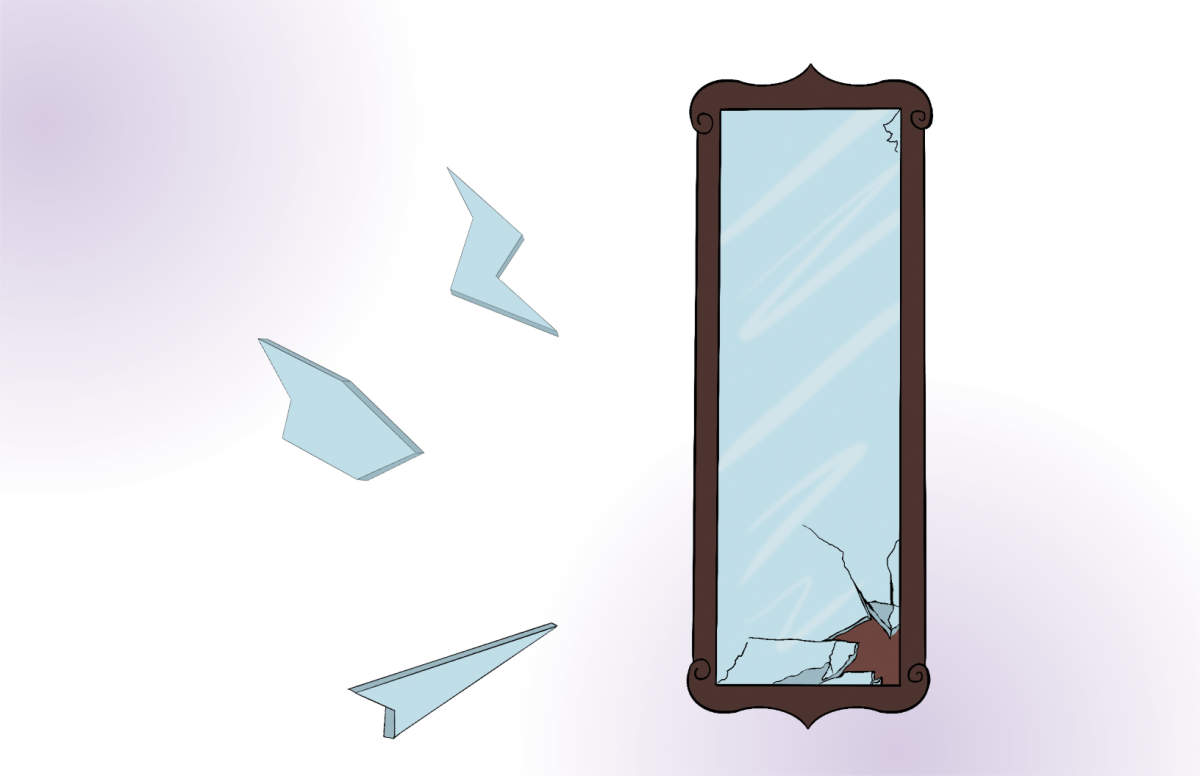As hard as it is to avoid psychological burnout, it can be even harder for an athlete to understand their burnout. According to an article from the NCAA, the most proven way to come back from psychological burnout is to rest.
Many studies believe rest is one of the best treatments for burnout. In an article from the NCAA about burnout, Keith Kaufman, who has a doctorate in Psychology, said that many studies, such as one conducted by Reynolds in 2008, point to the benefits of rest for athletes struggling with burnout.
“As Reynolds (2008) put it, there is no mystery about the prescription for treating burnout: rest, rest and more rest,” Kaufman said in the article.
However, there is a lot to be said about avoiding burnout before it occurs. Matthew Norton, former assistant Free State cross country coach and current head cross country coach at Classical Academy in Colorado, has his team implement a few strategies that are supposed to help his athletes avoid burnout. He said his team focuses on a few basic ideas throughout the season to help avoid burnout.
Norton wants his team to embody three general principles. 1) Everyone has a role that they can and should play on the team. 2) Competition is a gift and should be joyful. 3) Cross country, like many sports, challenges a person to help them grow as an individual.
“If kids can buy into these things, then pressures that build up and would cause one to feel burnt out are mitigated.” Norton said.
Norton also said that when it comes to working with burnout, the majority of the responsibility falls on the athlete. Nobody knows for sure what the athlete is going through, so it is the athlete’s responsibility to manage and keep tabs on their mental health. While coaches and counselors can be a good support system, at the end of the day, the athlete needs to be responsible for their own mental health.
“There’s no ‘magic pill’ a coach or counselor can give an athlete to make it all go away. We can only point to sound ideas and encourage our athletes to do the work needed to avoid these mental and emotional traps,” Norton said.
Senior Kyle Graves, a varsity baseball player, has experienced burnout and said that in terms of avoiding it, athletes need to listen to their bodies and try to prevent getting too stressed out. He also mentioned that the best thing an individual can do when feeling burned out is to tone down their training and try to eliminate stress from their life.
“If you’re not performing the way you want to and you feel like it’s because of burnout, take a few days and then get back to it. You should feel rested and be able to do what you need to do,” Graves said.
When initially facing burnout, athletic director Jered Shaw, said that the best thing athletes can do is come back to why they started the sport and find their passion within it. The top way to come out of it is to re-embrace the joy of the sport and realize that athletics don’t have to be your whole life.
“Take a break, reflect and focus on what’s important to you. Make sure you’re doing things that you enjoy, because you’re a high school student,” Shaw said.
Senior varsity soccer player Regan Knapp said that she has experienced burnout. Her advice to anyone looking to avoid it is to pay attention to yourself and do what brings you joy.
“If a sport isn’t bringing you joy any more then there’s no reason to keep pushing something that’s not naturally there,” Knapp said. “If you’re not totally happy in the sport and it takes too much out of you, you really just have to listen to yourself.”
Knapp said that the biggest notion that she would like athletes to know is that they aren’t alone. There are so many people who have experienced burnout and who would be willing to discuss it.
According to the NCAA, Graves, and Shaw, the best thing you can do to avoid burnout is to listen to your body and take some time to rest. Another practice that seems good to implement would be finding joy in your sport again. Both Shaw and Norton recommended coming back to the reason you started the sport in the first place, and accepting that sports are supposed to be fun.



